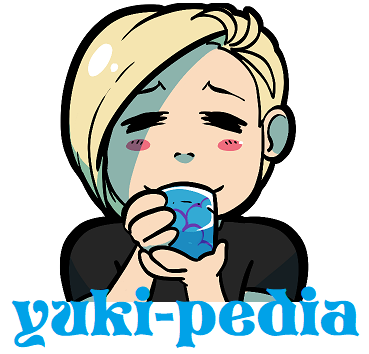With the video game industry’s shift towards digital distribution, it sometimes feels as though the quality of released product is sacrificed in order to sell higher volumes in a smaller time frame. This reliance on releasing patches and updates to fix bugs that slip through hardworking Quality Assurance department fingers has always had it’s benefits, but lately it seems we are beginning to feel the downside of this sort of convenience.
Release delays will never be a thing of the past, this much we know is true. There will always be issues that will force a studio to push back titles that just aren’t ready to meet that final deadline. But are there people right now who are turning a blind eye to major problems in order to push out incomplete code and make investors happy? I truly believe so.
This mentality that it is acceptable to release an inferior product and force a patch to users a month or so down the road is an insult to gamers and the hard working people who’ve invested years building a final product they should be proud of. In most cases, these patches fix minor issues with the game that QA hadn’t found yet or some conflict that has the potential of occurring with new add-on content. Releasing updates like these and staying on top of any reports from gamers is wonderful customer service. It proves to your fans that you appreciate their investment in your creation, that their time, money and loyalty is cherished. This kind of attention to detail and your community is what helps your team evolve, making you better developers and increasing your fan-base.
This is what helps to keep fewer copies of your product out of the used game market.
Case in point: Fable 3 from Lionhead Studios. Unfortunately, this game, which should have been an epic third installment from one of the great minds in video game entertainment was riddled with launch week problems. Once gamers began to notice their Hero’s butler had lost his voice, we started to see other flaws spring up. Soon enough, we removed our rose-coloured glasses and noticed just how much was actually broken. More and more bugs were being reported, including my report of how my game froze while joining another Hero’s adventure, causing my character to lose everything I had spent so much time collecting. It took them nearly a month to get a patch together addressing the laundry list of problems reported, and even then, some issues were not (probably could not) be corrected.
Was this a case of moving ahead with production knowing full-well that there were still too many issues with the software, just wanting to get their Holiday release profits? It sure feels like it to me. Months after this mess began, I am still absolutely livid about what happened to my Fable 3 adventure. Days after that patch was released and still did not fix my problems, I took the game to GameStop and traded it in. Six months later, I am still seeing comments on the original YouTube video documenting what happened to my character saying it has happened to others. Odds are at this point in time the issue will never properly be addressed. Lionhead will put together a couple more DLC add-ons for the game and move on to whatever they have planned next.
While this is the biggest example I have, it is not the only one. Bethesda (by way of ZeniMax and Obsidian) hasn’t had completely stellar performances with their Fallout titles or Oblivion. Unfortunately, it’s a risk you take when creating these large, open worlds. Try as you may, the likelihood of your QA dept being able to detect every last bug is virtually impossible. But when your games are known to suffer from major freezing issues, there has to be something you can do to fix it before moving ahead with a sequel or another title using the same engine. It’s unfortunate that there was no real improvement regarding this issue between Oblivion and Fallout New Vegas’ release. There were four years between Oblivion and Fallout New Vegas, and in all that time there was nothing they could have done with the engine to reduce this problem? Or were they also hoping that forced patches would help us think the issues were resolved?
We seem to have accepted this sort of behavior from developers, not holding them up to the standards we have come to expect from them and know they are capable of. We don’t call them on their mistakes and easily forget (but not necessarily forgive) those moments that ruined a game for us. If we want high quality games that we can play the day they launch with little to no problems, we need to speak up and make sure they feel it where it counts: their pocket books. If we don’t voice our concerns on our blogs, news sites, community and game forums, they take our silence to mean they are doing a bang-up job. They like to complain about how they see no profit from the sale of used games, especially within the first 4 weeks of a titles release. Honestly, Mr./Mrs. Bigshot, if you ensured you were giving us the very best, nearly 100% flawless experience, I can assure you fewer gamers would be trading your game in during the initial sales period.
